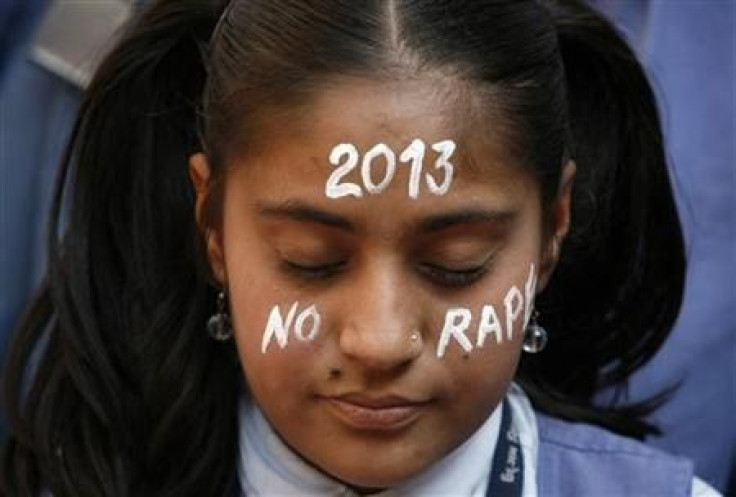Rape Laws In Dubai Are Awful, But So Is Rape Culture In America

Yesterday my colleague Alex Kaufman commented on the awful case in Dubai of the Norwegian woman who reported her rape to police and was thrown in prison for "extramarital sex," which is apparently illegal there. He basically argued, not incorrectly, that we should pressure Dubai to change its laws via boycott. And make no mistake, their laws are awful, but while his frustration is fair, the experience of women who are raped in America is not that much better.
In a recently published a personal essay in VICE, Gina Tron writes about her awful experience dealing with authorities after she was raped:
"I went to see the same detective at the Special Victims Unit (the division that deals with rape) a few days later to look through pictures of convicts on their database. I spent hours scanning photo after photo of criminals to see if I could spot my guy. The detective was extremely discouraging about it, saying that it was a waste of time. He kept commenting to his buddies about how I looked like so-and-so from some other police unit—I couldn't tell if it was a compliment or an insult but my intuition was telling me it was the latter. I was probably being sensitive, but I really wasn't happy about having my looks talked about, since I was literally searching for my rapist. I could barely take care of basic hygiene needs at the time, let alone look nice for the cops, and I told him to please stop talking about my looks. He replied that he was doing me a favor by humoring my iffy rape case, and that if I continued to give him attitude he would just drop it."
Read the whole thing; it's a sad, eye-opening first-person perspective on what it's actually like to deal with the police after reporting a rape.
While Dubai's laws actively put women in prison for getting raped, a culture that shuns and blames rape victims for their rape and asks them to keep quiet about it is not much better. At least America manages to actually classify rape as a crime, so there's that, but if only 35 percent of rapes get reported, then we're still allowing a large number of perpetrators to go free.
Just look at what happened in Steubenville. First, we have the high school coach covering for the perpetrators. Next, the town blames the victim for getting raped and making the town look bad. Finally, after justice is served and the perpetrators get sentenced, CNN feels bad for the football players because their careers are ruined.
Obviously, this was a high-profile case, but as Tron's tale makes clear, this is not out of the ordinary. There's a major problem with rape culture on U.S. campuses, as Yale has dealt with allegations it maintains a "culture of silence" around sexual assault and Amherst deals with the same thing. Finally, there's the sad case of "Audrie Pott, a California teenager who allegedly was raped and then committed suicide in September" -- it took eight months before the perpetrators were arrested.
We do have a problem with "rape culture," and it's important that, when these events occur abroad, their egregiousness and obviousness don't distract us from the fact that we, too, have serious problems with rape right here at home.
© Copyright IBTimes 2024. All rights reserved.












